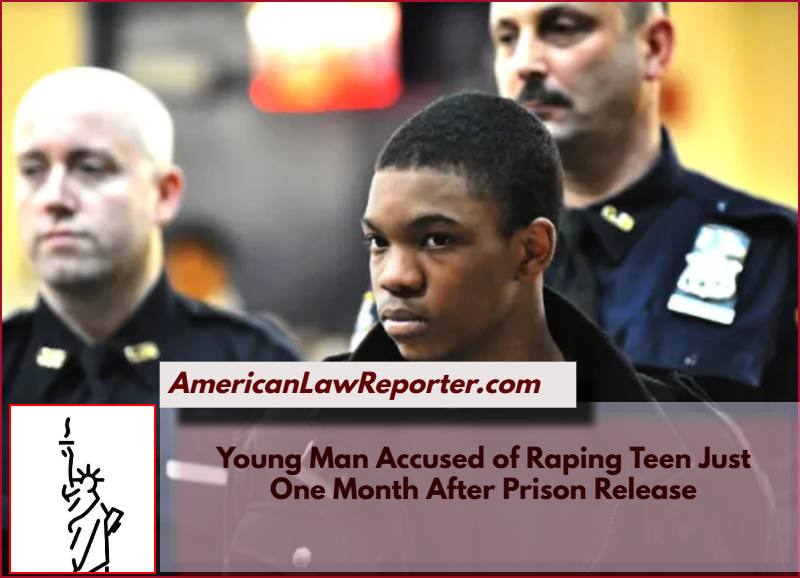A 29-year-old parolee, Casmine Aska, who was recently released after serving eight years for sexually assaulting a 9-year-old boy and throwing him off a rooftop, is now facing charges for allegedly raping a 15-year-old girl in a Bronx stairwell.
The shocking incident occurred just one month after Aska’s release from prison, raising serious questions about parole oversight and public safety.
According to the New York Post, Aska allegedly attacked the teenager in an elevator at 140 Bellamy Loop in Co-Op City on Thursday, forcing her into a stairwell where he raped her. He was arrested on Friday and charged with first-degree rape. This latest accusation comes after Aska’s release on January 30, following an eight-year prison sentence for a 2013 crime that left a young boy in a coma.

In 2013, Aska was convicted of attempted murder after he pushed a 9-year-old boy off a rooftop when the child threatened to report him for sexual assault. The boy survived but suffered severe injuries, including a coma. Aska was also charged with a criminal sex act, sex abuse, sexual misconduct, and acting in a manner injurious to a child under 17. He was imprisoned in 2017 and served eight years before being released on parole earlier this year.
Sources indicate that Aska has a history of arrests for various offenses and may have used aliases in prior crimes, further complicating his criminal record. His recent arrest has sparked outrage and renewed scrutiny of the parole system, particularly in cases involving violent offenders with a history of sexual crimes.
The Bronx District Attorney’s Office is handling the case, and Aska is expected to appear in court soon. If convicted, he could face significant prison time, given the severity of the charges and his prior criminal history.
This case highlights the challenges of balancing rehabilitation and public safety in the parole system, especially for offenders with a history of violent and sexual crimes. Community members and advocates are calling for stricter parole conditions and better monitoring of high-risk individuals to prevent similar incidents in the future.

